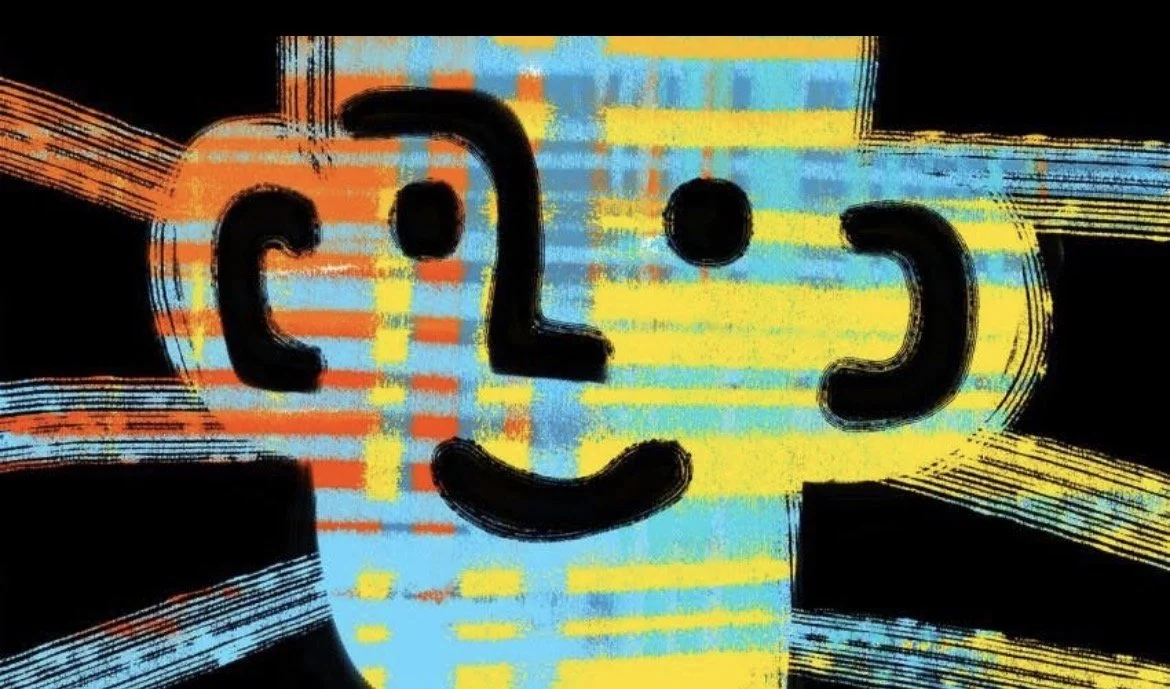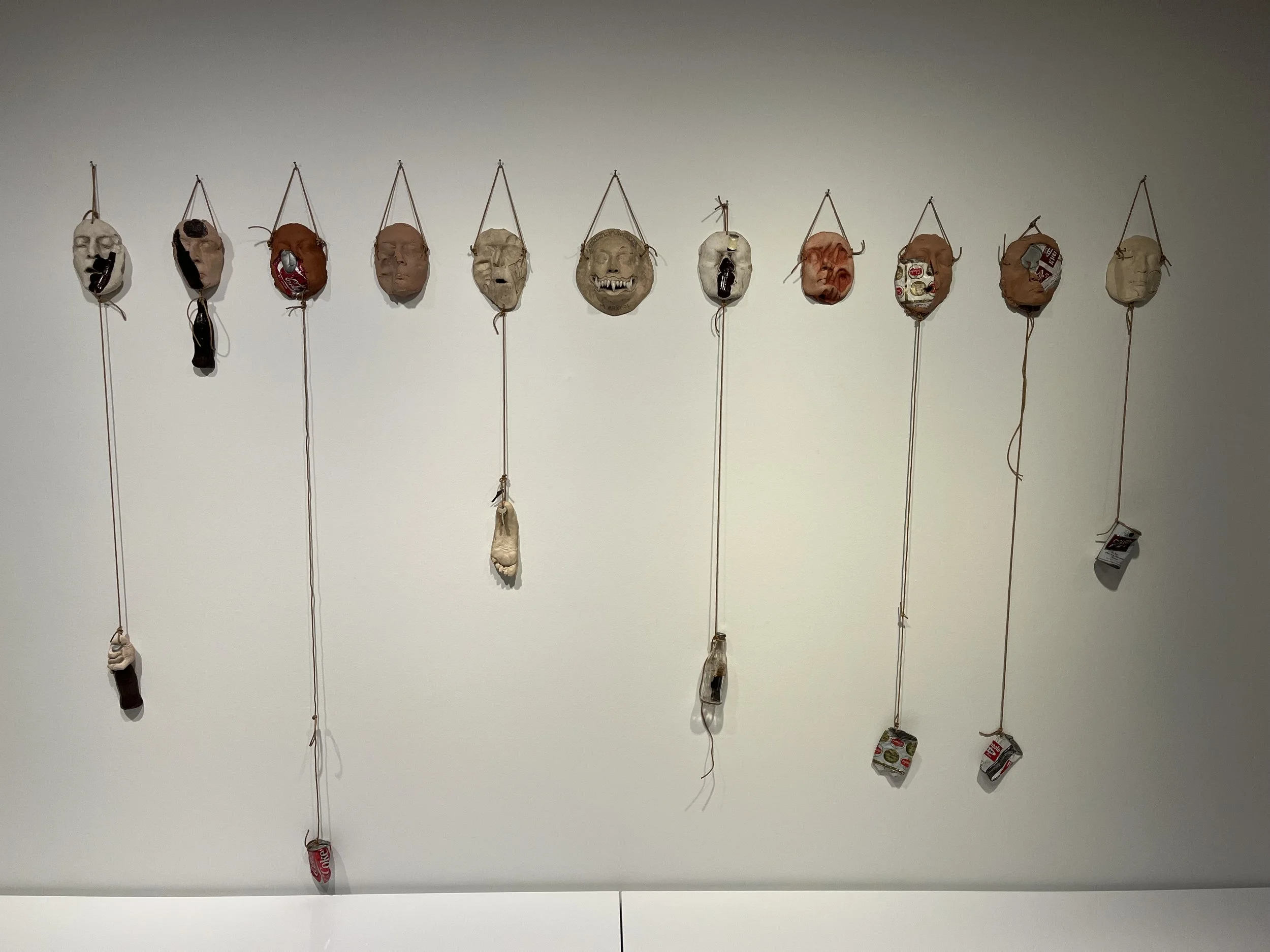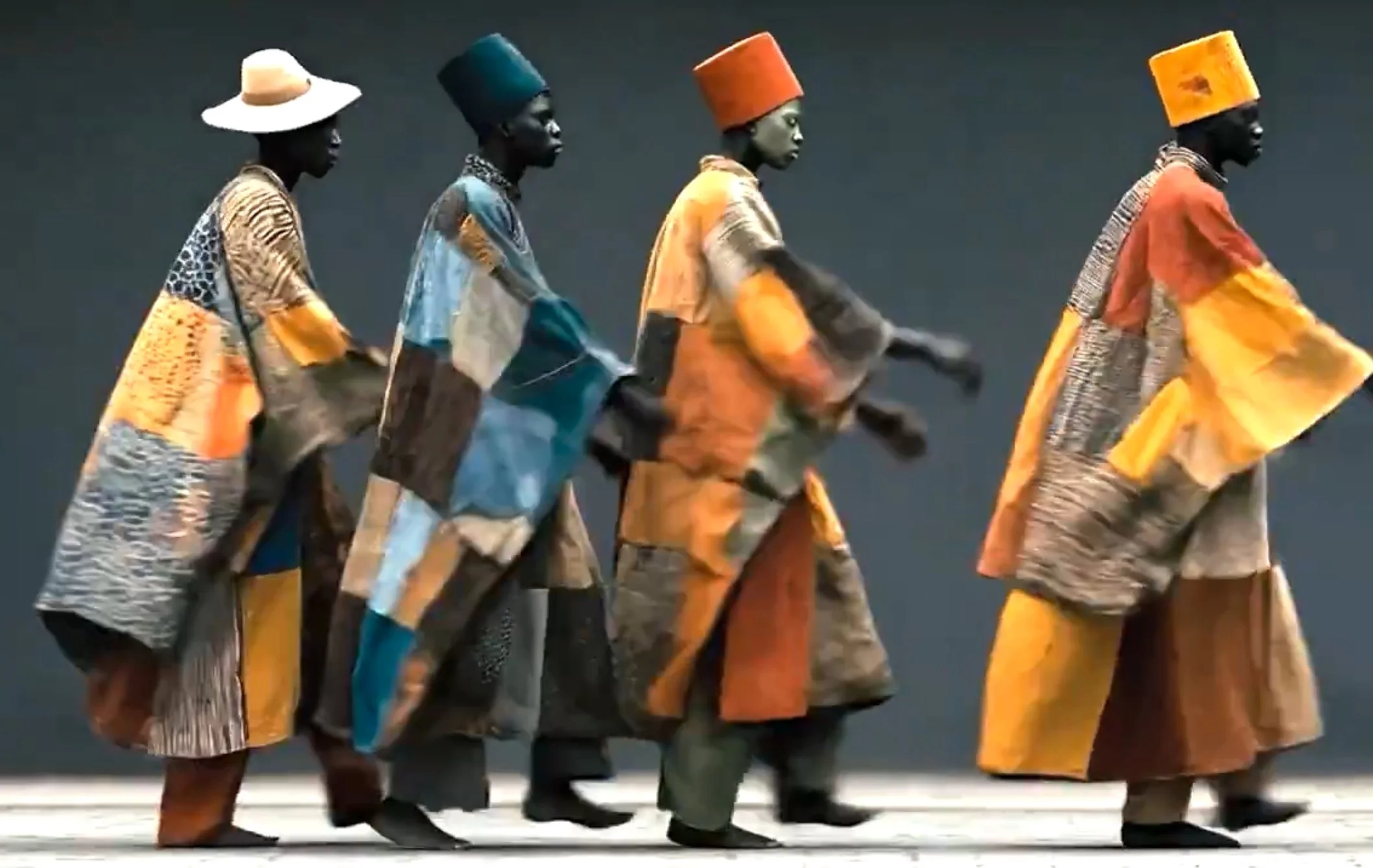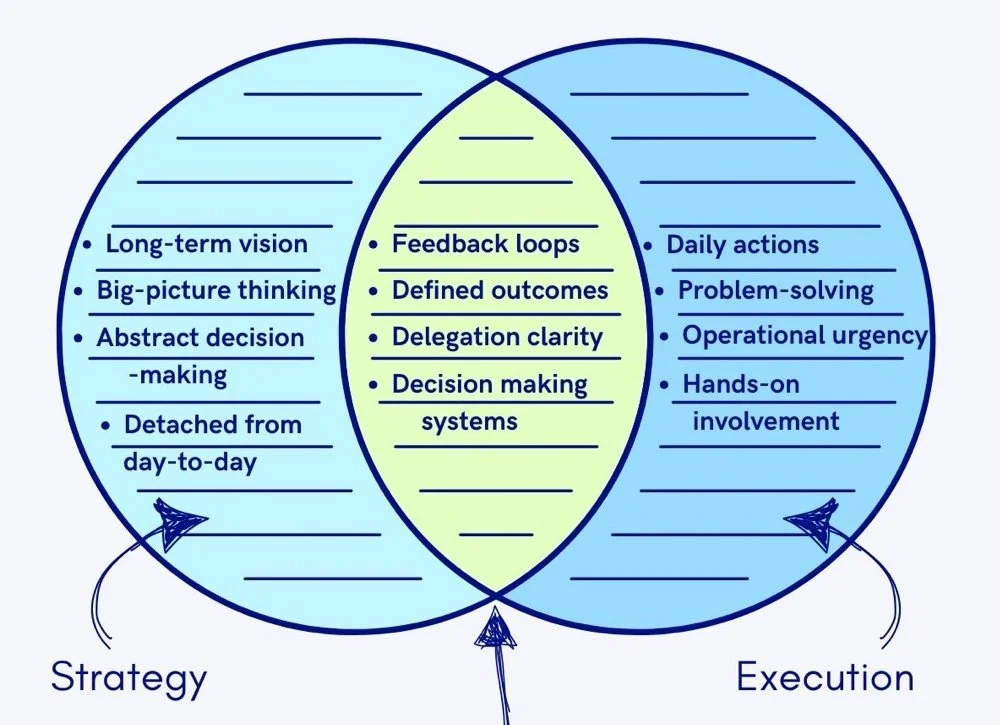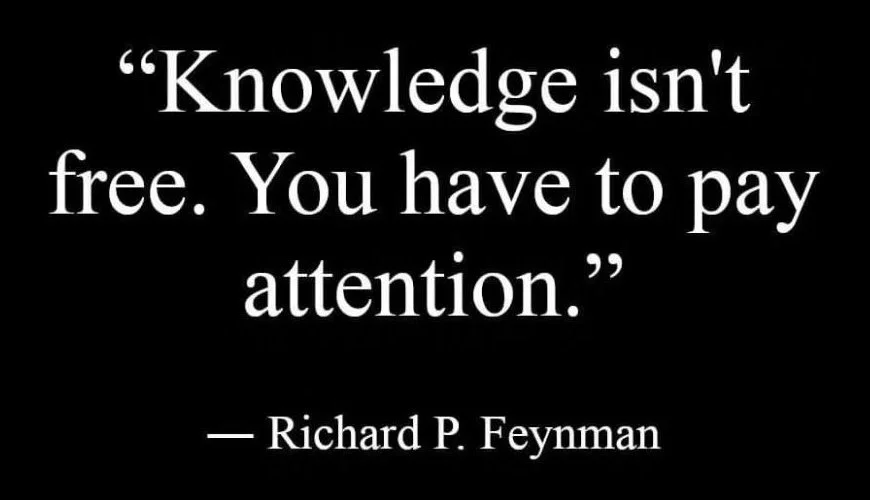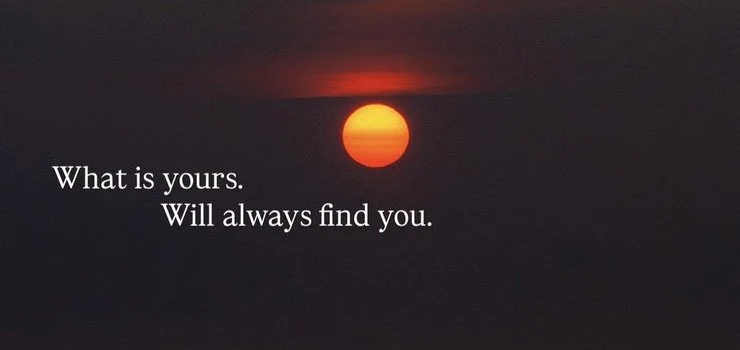Do you tie your sense of identity to your achievements?
Many high performers do, often without realising it. Promotions, recognition, and external success can become the markers we use to measure our worth. Research shows that when we prioritise the external over the internal, our wellbeing suffers. I think the drive for achievement can easily blur into anxiety, self-doubt, and fear of falling short.
That inner voice , the one that questions your ability or tells you to hold back, often speaks loudest when you are stretching yourself. Yet, those same moments can be opportunities to grow. Learning to recognise and work with that voice, rather than against it, is one of the most powerful shifts you can make as a leader.
With the right tools, it’s possible to reframe stress from something threatening to something that signals growth, a challenge you can rise to and learn from. If this feels familiar, you are welcome to book a complimentary 30-minute discovery call to explore how coaching can help you strengthen your mindset and reclaim a healthier relationship with achievement. Book me…


